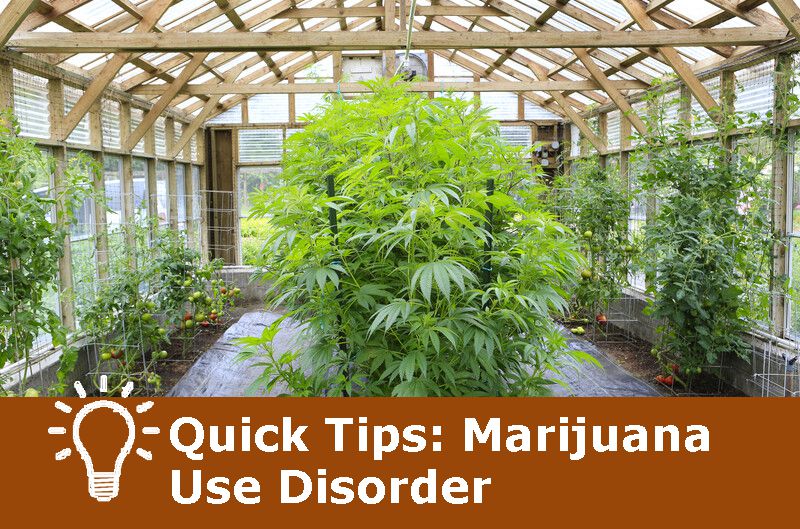
Regardless of where you practice, you’ll increasingly hear patients acknowledging regular marijuana (MJ) use, sometimes as a “medical treatment” for conditions ranging from back pain to ADHD. You might want to remind your patients that, whether legal or not, marijuana is still a drug with potential negative consequences. Here are some quick MJ bullet points.
- MJ makes you feel great-until it doesn’t. Short term positive effects are euphoria and enhanced perception. Not always so positive are: time distortion, hallucinations, anxiety (especially in patients with anxiety disorders), tachycardia, sleepiness, and impaired memory and problem solving.
- MJ has negative long term effects on chronic users, especially those who started in their teens. These include amotivational syndrome, less success than peers in school and career pursuits, and possibly a reduction in IQ points.
- MJ and psychosis are clearly associated. Smoking heavily can uncover a psychotic disorder earlier than it would have emerged otherwise. Whether it actually causes psychosis is more controversial.
- Don’t smoke and drive. While high-driving is usually less hazardous than drunk-driving, MJ interferes with judgment and perceptions, leading to potential fatalities as well as arrests for DUIs. The highest risk period is during the hour immediately after getting high.
- Withdrawal from regular MJ use does occur. A typical MJ detox in a heavy user will last 3 to 5 days and may include irritability, insomnia, anxiety, headache, nausea and vomiting, and sometimes diarrhea. Patients should drink plenty of fluids and plan to be out of commission for a while. You can provide anti-emetics and analgesics to smooth out the process.
- We have no medications for treating marijuana use disorder. Dronabinol (Marinol) is a synthetic form of THC that is FDA approved for intractable nausea and AIDS wasting syndrome, but clinical trials have not shown it to be effective for substitution treatment of MJ abuse.
Subscribers who are interested in a more comprehensive look at marijuana use can learn more by reading the June 2014 issue of The Carlat Psychiatry Report and the March/April issue of The Carlat Addiction Treatment Report. Not a subscriber? Join here.
We also have a chapter on cannabis in our forthcoming book, Addiction Treatment–A Carlat Guide.
And if you have any tips or ideas about treating marijuana use disorder, please get in touch and feel free to share this post.
Daniel J. Carlat, MD
Publisher



